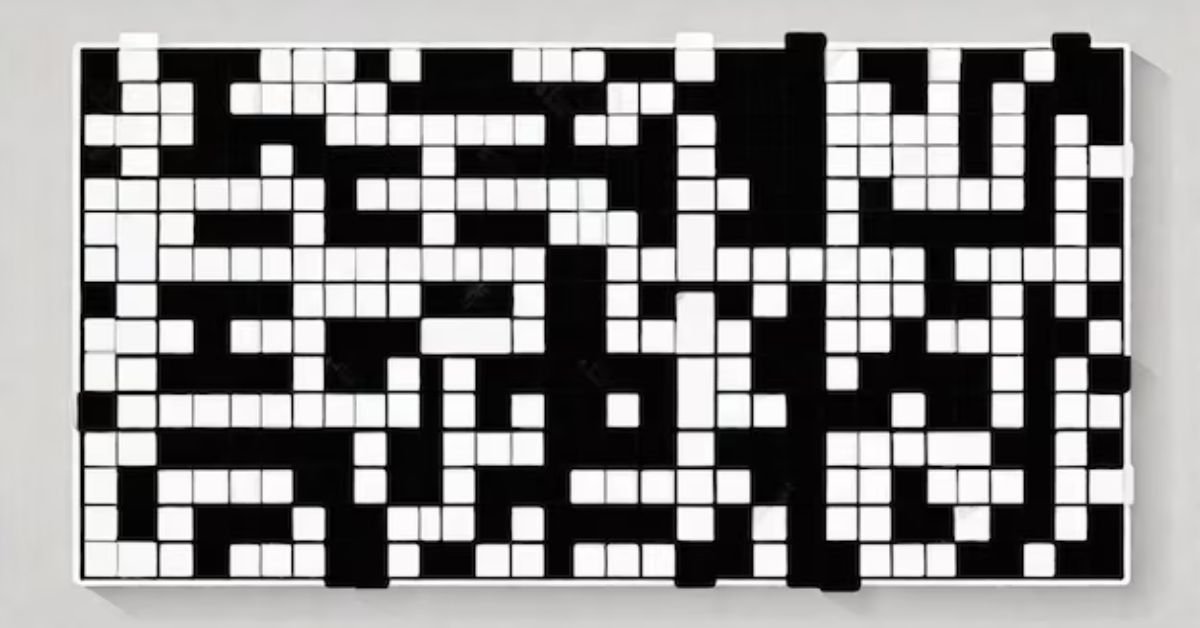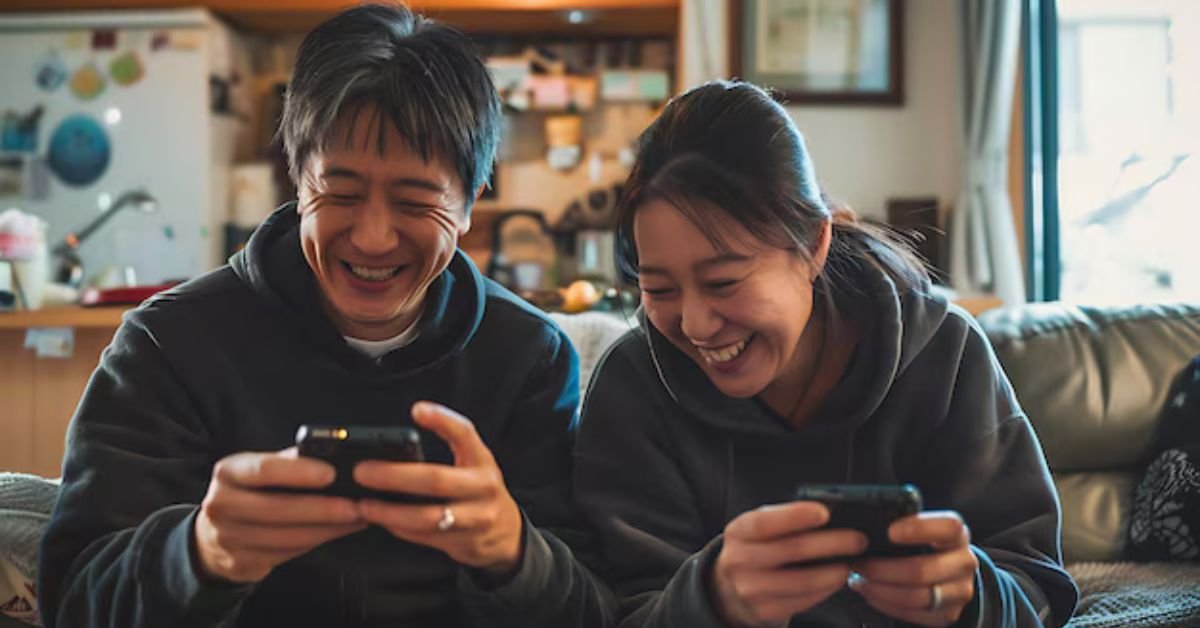Crossword puzzles often challenge solvers with clues that require both straightforward knowledge and lateral thinking. The clue “arousing suspicion” is a prime example of a clue that can have various interpretations and solutions. This article explores the meaning behind the clue “arousing suspicion,” common answers to this type of clue, and strategies for solving similar crossword puzzle clues effectively.
Understanding the Clue: “Arousing Suspicion”
In crossword puzzles, the phrase “arousing suspicion” suggests that the answer is related to causing doubt or unease. To “arouse suspicion” means to make something or someone seem questionable or suspicious. The answer to such a clue is typically a word or phrase that encapsulates this concept. Understanding this meaning is crucial for solving the clue effectively.
Common Answers to the Clue
The clue “arousing suspicion” can have multiple answers depending on the crossword’s theme and the number of letters required. Here are some common answers:
- “Suspect”: This is a straightforward answer that fits well with the clue. To “suspect” something means to regard it as potentially dishonest or wrong, which directly relates to arousing suspicion.
- “Suspicious”: Another direct answer, “suspicious” describes something that inherently causes or embodies suspicion. It fits the clue’s definition and often appears in crossword puzzles.
- “Evoke”: In some contexts, “evoke” might be used if the puzzle’s solution involves the idea of bringing about or eliciting a sense of suspicion. This word fits well if the clue is less direct and more about causing an emotional response.
Strategies for Solving Clues Like “Arousing Suspicion”
Solving crossword clues effectively requires a combination of general knowledge, wordplay, and strategic thinking. Here are some strategies to tackle clues like “arousing suspicion”:
- Contextual Understanding: Pay attention to the context provided by intersecting clues. The answers to surrounding clues can offer hints about the length and nature of the word you’re looking for.
- Word Associations: Think about synonyms or related words that align with the idea of causing suspicion. Words like “doubt,” “question,” and “concern” might lead you to the correct answer.
- Letter Patterns: Use the letters already filled in from other clues to narrow down possible answers. This can help identify which word fits the clue based on the number of letters and their placement.
- Check Clue Types: Consider whether the clue is straightforward or cryptic. Cryptic clues might use wordplay or indirect references, so be prepared for creative solutions.
Examples from Crosswords
To illustrate how the clue “arousing suspicion” might appear in different crossword puzzles, here are some examples:
- The New York Times Crossword: In a NYT crossword, clues often have a straightforward answer. “Suspect” or “suspicious” would be common answers due to their direct relationship with the clue.
- Cryptic Crosswords: In a cryptic crossword, the clue might involve wordplay. For example, “Arousing suspicion” could be parsed as a play on words or an anagram leading to an answer like “suspicious” or “suspect.”
The Importance of Crossword Clue Context
Understanding the context of a crossword puzzle is crucial for solving clues accurately. Each puzzle has its own theme and style, which can influence the nature of the clues and their answers. For instance, a themed puzzle might use more creative or thematic answers, while a standard crossword might stick to more literal solutions.
Common Mistakes and How to Avoid Them
When solving clues like “arousing suspicion,” it’s easy to make mistakes. Here are some common errors and tips for avoiding them:
- Overthinking: Sometimes, the simplest answer is correct. Avoid overcomplicating the clue; the answer is often straightforward.
- Ignoring Clue Length: Always consider the number of letters required. An answer that doesn’t fit the letter count can be ruled out, even if it seems like a good fit conceptually.
- Skipping Intersections: Cross-references with other clues are valuable. Skipping these can lead to incorrect answers, so ensure that your solution fits with the intersecting words.
Enhancing Your Crossword Skills
Improving your skills in solving crossword puzzles involves practice and familiarity with common clues and answer patterns. Here are some tips to enhance your crossword-solving abilities:
- Solve Regularly: Regular practice helps build familiarity with common crossword clues and answer patterns.
- Learn Crossword Lingo: Familiarize yourself with common crossword abbreviations and terms. This knowledge can make solving clues easier.
- Expand Your Vocabulary: A broad vocabulary helps in identifying synonyms and related words, making it easier to find the right answers.
Conclusion
The clue “arousing suspicion” in crossword puzzles is an example of how language and context play crucial roles in solving puzzles. Whether the answer is “suspect,” “suspicious,” or another related term, understanding the clue’s meaning and applying effective solving strategies are key to success. By honing your crossword skills and applying these strategies, you can tackle similar clues with confidence and improve your overall puzzle-solving abilities.











